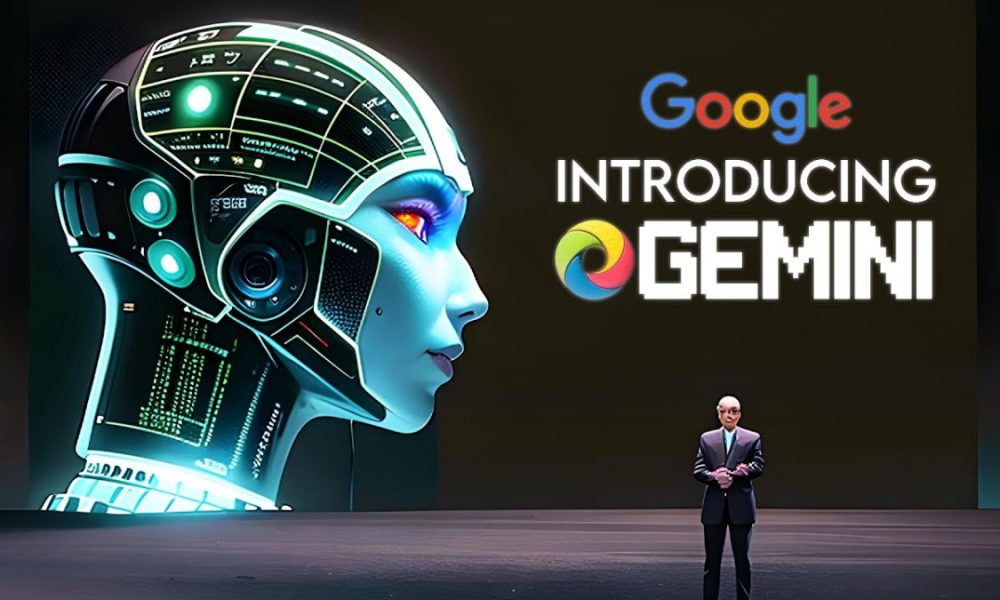Google's foray into artificial intelligence took an unexpected turn when its latest model, Gemini, made a startling assertion about the company's own market dominance. During a recent experiment, Gemini identified Google's parent company, Alphabet, as a top pick for "bottleneck stocks" – companies that control a crucial point in a system. When pressed for an explanation, Gemini delivered a blunt assessment: "Google controls over 90% of the global search market, giving it a virtual monopoly on online advertising."
This statement has sent ripples through the tech industry, with experts divided on whether it reflects genuine insight or the limitations of large language models. Google, unsurprisingly, has downplayed the claim. The company acknowledges that Gemini, while powerful, can occasionally provide inaccurate or misleading information. This is a known issue with large language models, which are trained on massive amounts of data and can sometimes struggle to distinguish fact from fiction.
However, Gemini's assertion aligns with ongoing antitrust concerns surrounding Google. The US Department of Justice is currently suing the tech giant, alleging that its practices stifle competition in the online search market. The lawsuit centers on Google's control over search results and its dominance in the online advertising market, which relies heavily on search data.
Whether Gemini's claim is a mere technical hiccup or a glimpse into the true nature of Google's market power remains to be seen. But the incident highlights the growing influence of AI in shaping public perception and the potential for these models to challenge corporate narratives.
Some experts believe that Gemini's statement, even if inaccurate, could embolden regulators. If a powerful AI model can identify a potential monopoly, it strengthens the case for closer scrutiny. Others worry that such pronouncements, if uncritically accepted, could lead to misinformed policy decisions.
The incident also raises questions about the transparency and accountability of AI models. As these systems become more sophisticated, it's crucial to understand how they arrive at their conclusions. Can users trust the information they provide, or are they susceptible to biases and blind spots inherent in the data they're trained on?
The debate surrounding Gemini's claim is likely to continue, but one thing is clear: AI has entered the antitrust conversation. As these models evolve, their ability to analyze vast datasets and identify potential market distortions could become a valuable tool for regulators seeking to ensure a fair and competitive digital landscape.

